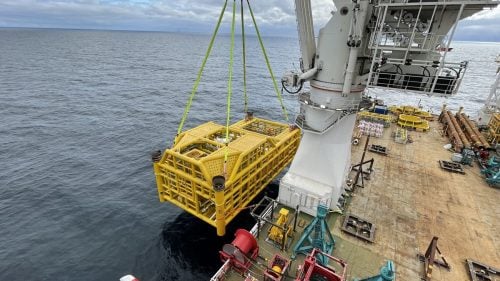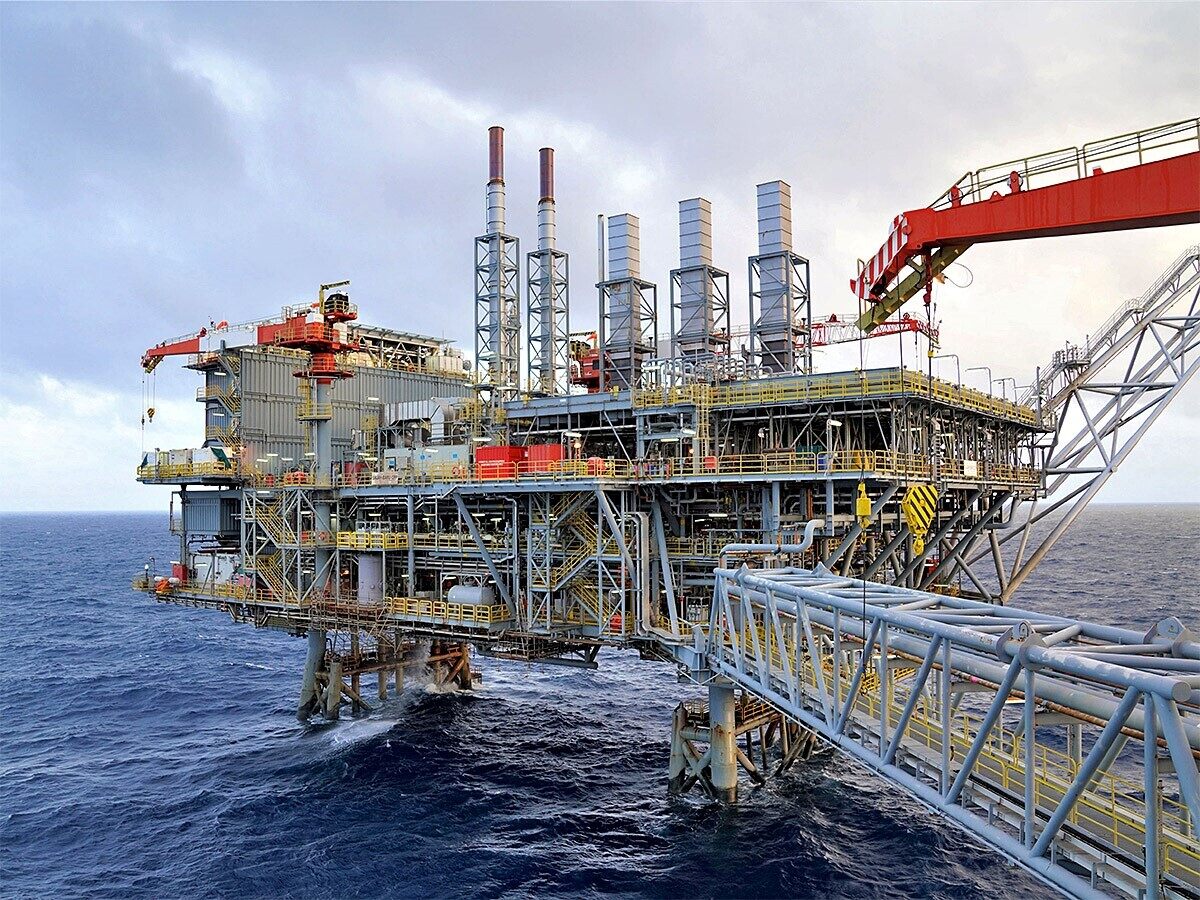The current British North Sea licensing round has seen new developments, as its regulator prepares to award licenses in the second quarter of the year, climate campaigners plan to pursue the round legally.
On the other hand, the exceptional tax imposed by the British government prompted a change in the rules of the game and the reluctance of major players to participate in the tour, according to what was published. Reuters.
Although Britain is classified among the major countries – and it is a member of the Group of Big 7 countries -, it refused to participate in a pledge adopted by several countries to stop new oil and gas projects, during the COP 26 climate summit held on its soil in Scotland in (2021).
Tour developments
Successful British North Sea licensing round oil and gas In attracting offers of about 115 bids, and the transitional body organizing the round tends to grant licenses by the second quarter of the year from April to June.
This is the first round since 2019, and it has been disrupted again and again, as Greenpeace is pursuing it legally as a result of the efforts of climate activists to resist it.
According to the authority’s data, the bids submitted for the current North Sea licensing round amounted to 115 bids from 76 companies, covering approximately 258 squares out of the 931 squares offered during the round.
Despite the climatic resistances and other frustrating factors, the transitional body indicated that the bids of the current round outperformed the round offered in 2019, as it included at that time the submission of about 104 bids covering 245 squares out of the 768 squares offered.
influential factors
The North Sea licensing round was affected by several factors, including climate resistance and Greenpeace’s threat of judicial intervention to stop it, but the biggest restrictions were sparked by the British government itself by imposing The exceptional tax profits of energy companies.
Britain aimed from that step to provide provisions to support consumers in light of the increase in bill prices, by taking advantage of the jump in the gains of energy companies driven by the rise in oil and gas prices after the Russian invasion of Ukraine.
The current North Sea licensing round lost the participation of the largest oil and gas producers in the United Kingdom and the largest independent companies in the sector, Harbor Energy, as the company refrained from submitting its bids to avoid the exceptional tax that raised the size of taxes imposed on the energy sector to 75%.
Imposing an exceptional tax on energy companies contrasts with the government’s current approach to boosting domestic production of hydrocarbons, in an attempt to achieve energy independence away from dependence on Russian imports.
North Sea Investments

The British North Sea licensing round allows for the continuation and increase of oil and gas exploration in one of the oldest basins, in an attempt to revive production, which has declined significantly from peak levels achieved at the end of the last century (1999).
Peak levels were estimated at about 4.4 million barrels of equivalent, but they began to decrease until they reached 1.5 million barrels.
And it was not a company Harbor Energy Only it did not want to compete in the North Sea licensing round, as the Anglo-Dutch energy giant “Shell” is in talks to completely exit all its assets in the region.
Shell adopts a trend to increase the share of renewable energy projects at the expense of fossil fuel projects, although it is still involved in mega projects in Norway.
Also read..


